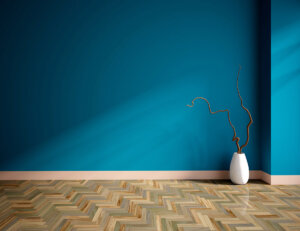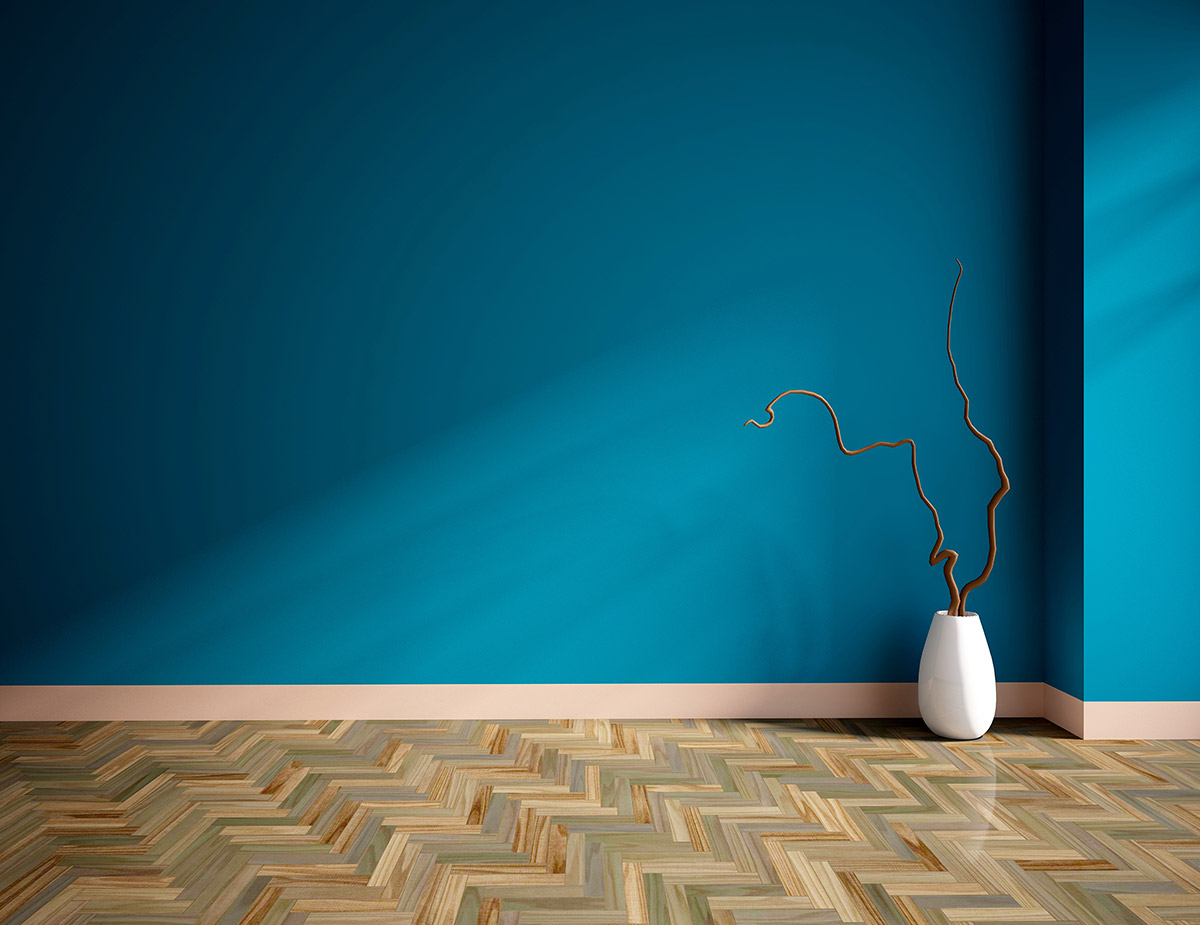Introduction to LVP and PVC Flooring
Luxury Vinyl Plank (LVP) flooring and Polyvinyl Chloride (PVC) flooring are two popular flooring options that cater to diverse needs in residential and commercial spaces. Both materials belong to the vinyl flooring category, but they vary significantly in terms of structure, design, and application. Understanding these differences is essential for homeowners and builders alike when selecting the right flooring solution.
LVP flooring is designed to mimic the appearance of natural wood or stone, offering an aesthetic appeal that enhances various interior styles. It is composed of multiple layers, which include a durable wear layer, a waterproof core, and a visual layer that replicates wood or stone textures. This multi-layer construction ensures that LVP flooring is not only visually pleasing but also resilient against wear and moisture, making it ideal for high-traffic areas and spaces prone to spills, such as kitchens and bathrooms.
On the other hand, PVC flooring refers to a broader category of flooring made primarily from polyvinyl chloride. This type of flooring can come in various forms, such as sheets, tiles, or planks, and is highly versatile in its design capabilities. PVC flooring is often used in commercial settings due to its low maintenance requirements and durability. It can withstand heavy foot traffic and is resistant to chemicals and stains, which makes it a suitable choice for retail spaces and healthcare facilities.
Although both LVP and PVC flooring are manufactured from polyvinyl chloride, LVP flooring focuses on providing a more refined aesthetic, while PVC flooring prioritizes functionality and durability. The choice between the two options will ultimately depend on the specific aesthetic requirements and functional demands of a given space.

Key Differences Between LVP and PVC Flooring
The distinctions between LVP flooring (luxury vinyl plank) and PVC flooring (polyvinyl chloride) are critical for homeowners and business owners alike when making flooring decisions. One of the primary differences lies in their appearance. LVP flooring is engineered to closely mimic natural hardwood or stone, offering a visually appealing option that enhances the aesthetic of residential spaces. Its designs come in various textures and finishes, making it a popular choice for those seeking elegance without the high costs associated with genuine materials.
In contrast, PVC flooring is typically more utilitarian. While it may also come in various colors and patterns, its aesthetic appeal is generally overshadowed by its focus on durability and functionality. PVC flooring is often designed with commercial use in mind, providing robust performance in high-traffic areas such as offices and retail spaces. This difference in design philosophy leads to variations in thickness and texture, with LVP often having a thicker construction that contributes to its luxury feel.
Another essential aspect to consider is installation procedures. LVP flooring typically features innovative click-lock systems that make installation straightforward and accessible for DIY enthusiasts. Alternatively, PVC flooring may require more technical expertise for installation, particularly in commercial applications where precision is vital for longevity and performance.
When it comes to maintenance and performance characteristics, both LVP and PVC flooring offer advantages. LVP is known for its exceptional water resistance, making it suitable for moisture-prone areas like bathrooms and kitchens. On the other hand, PVC flooring is recognized for its durability and ease of cleaning, making it a favored choice in environments that demand resilience and frequently require maintenance.
Pros and Cons of LVP and PVC Flooring
When considering flooring options, both LVP (Luxury Vinyl Plank) and PVC (Polyvinyl Chloride) flooring present unique advantages and disadvantages that can influence your decision based on specific needs and circumstances. Understanding these pros and cons is essential for homeowners and commercial property managers alike.
One of the primary advantages of LVP flooring is its exceptional durability. Its multi-layer construction provides significant resistance to scratches, dents, and moisture, making it ideal for high-traffic areas and spaces prone to spills. In addition, LVP is known for its aesthetic appeal, often mimicking the look of natural hardwood or stone, which can enhance the overall ambiance of a room. Furthermore, its ease of installation, commonly using click-lock systems, allows for quick renovations without the need for professional assistance, providing a cost-effective flooring solution.
On the other hand, LVP flooring typically comes at a higher price point compared to PVC flooring. If budget constraints are critical, PVC flooring may be a more suitable option. PVC flooring is generally more affordable and can still offer adequate durability for residential spaces. However, it may lack the same warmth and style that LVP can provide, which could be a deciding factor for homeowners looking for a high-end appearance.
In terms of maintenance, both flooring types require relatively low upkeep. However, LVP’s thicker wear layer makes it easier to clean and maintain over time. PVC flooring, while easy to install and repair, may not withstand the test of time in demanding environments. In commercial applications, LVP flooring may perform better due to its robust nature.
Ultimately, the choice between LVP and PVC flooring will depend on specific circumstances, including budget, aesthetic preferences, and application needs. By carefully considering the pros and cons of each material, consumers can make informed decisions that best align with their flooring requirements.
Making the Right Choice for Your Space
Choosing the right flooring for your space can be a daunting task, particularly when weighing the options of LVP (Luxury Vinyl Plank) and PVC flooring. To begin with, understanding your budget is crucial. LVP flooring tends to be slightly more expensive than traditional PVC flooring due to its superior design and durability. Thus, if you’re managing a tight budget, PVC flooring may be the more cost-effective solution, especially for areas with less foot traffic.
Another essential factor to consider is the intended use of the space. For high-traffic areas such as hallways and living rooms, LVP flooring may be the better choice due to its resilience and ability to withstand wear and tear. In contrast, PVC flooring is well-suited for areas where moisture levels are higher, such as bathrooms and kitchens, given its water-resistant properties. Assessing the specific needs of your spaces will help determine the most functional option for your flooring project.
Aesthetics also play a significant role in the selection process. LVP flooring offers a wide variety of styles, colors, and textures that can mimic natural materials like wood and stone, making it a popular choice for homeowners looking for visual appeal. PVC flooring, while available in diverse designs, may not deliver the same level of realistic texture and appearance, potentially impacting your decor choices.
Installation considerations should not be overlooked. While both types of flooring can be installed as DIY projects, LVP flooring often requires a more involved approach due to its locking mechanisms and underlayment requirements for an optimal finish. Maintenance is another critical aspect; LVP flooring is easier to clean and maintain over time, reducing long-term costs. Therefore, evaluating factors such as budget, intended use, aesthetics, installation challenges, and maintenance needs will provide a comprehensive overview to help you make an informed decision about which flooring option aligns best with your lifestyle and expectations.



